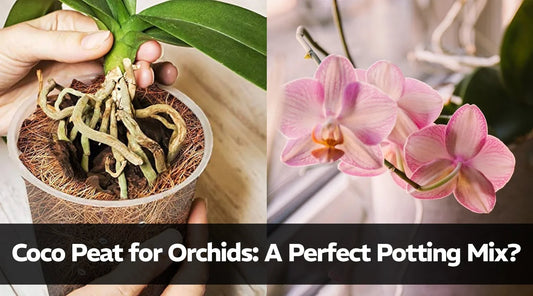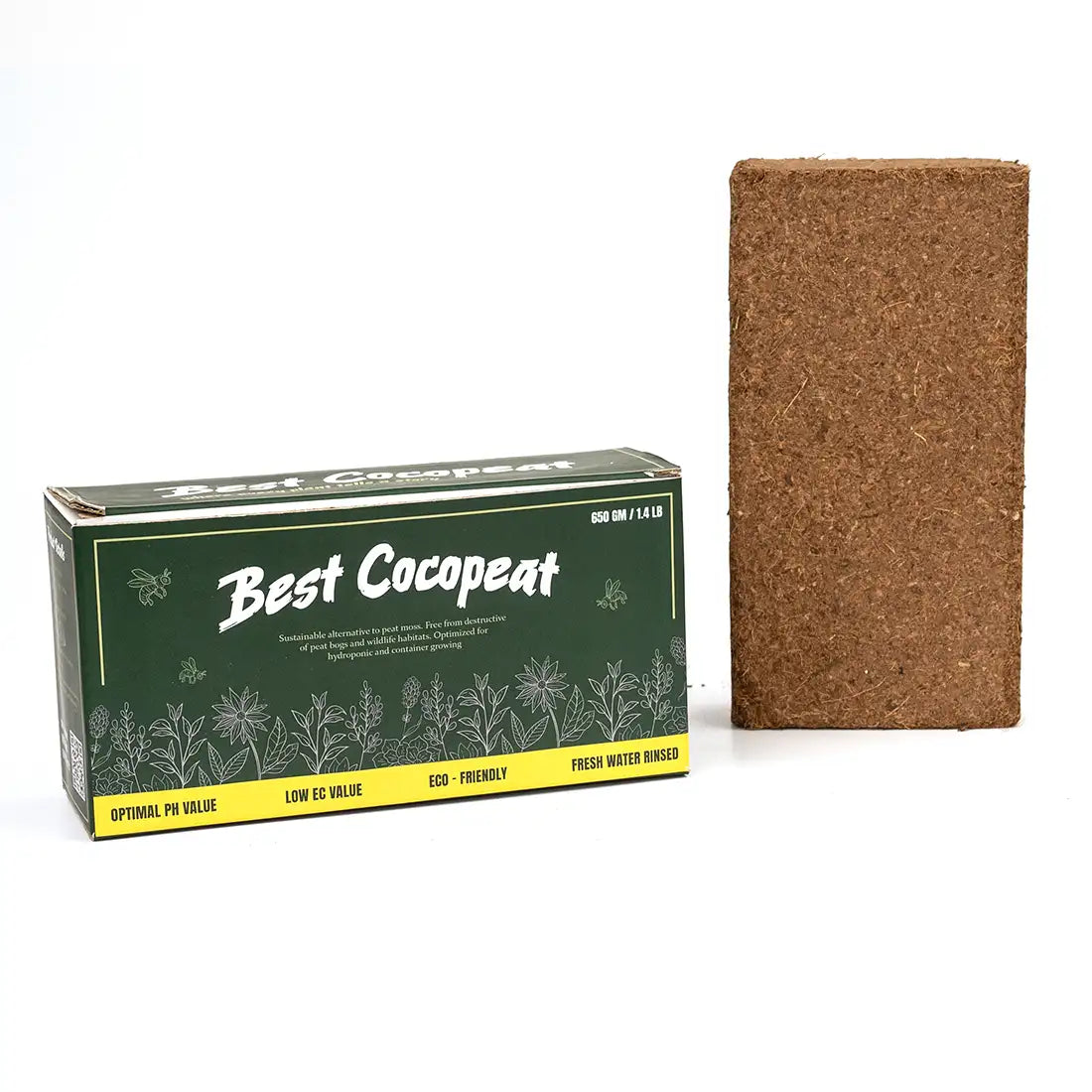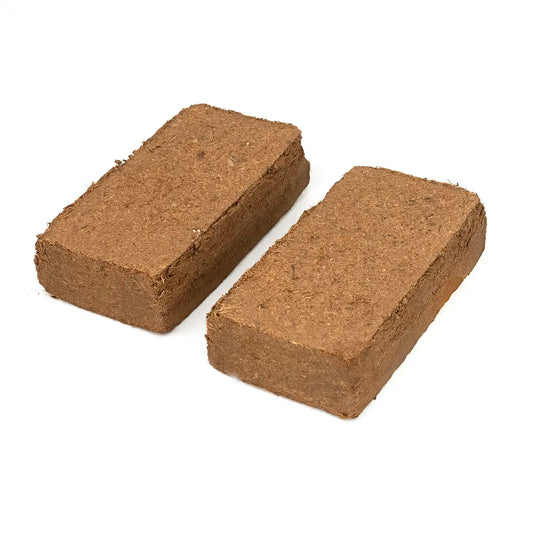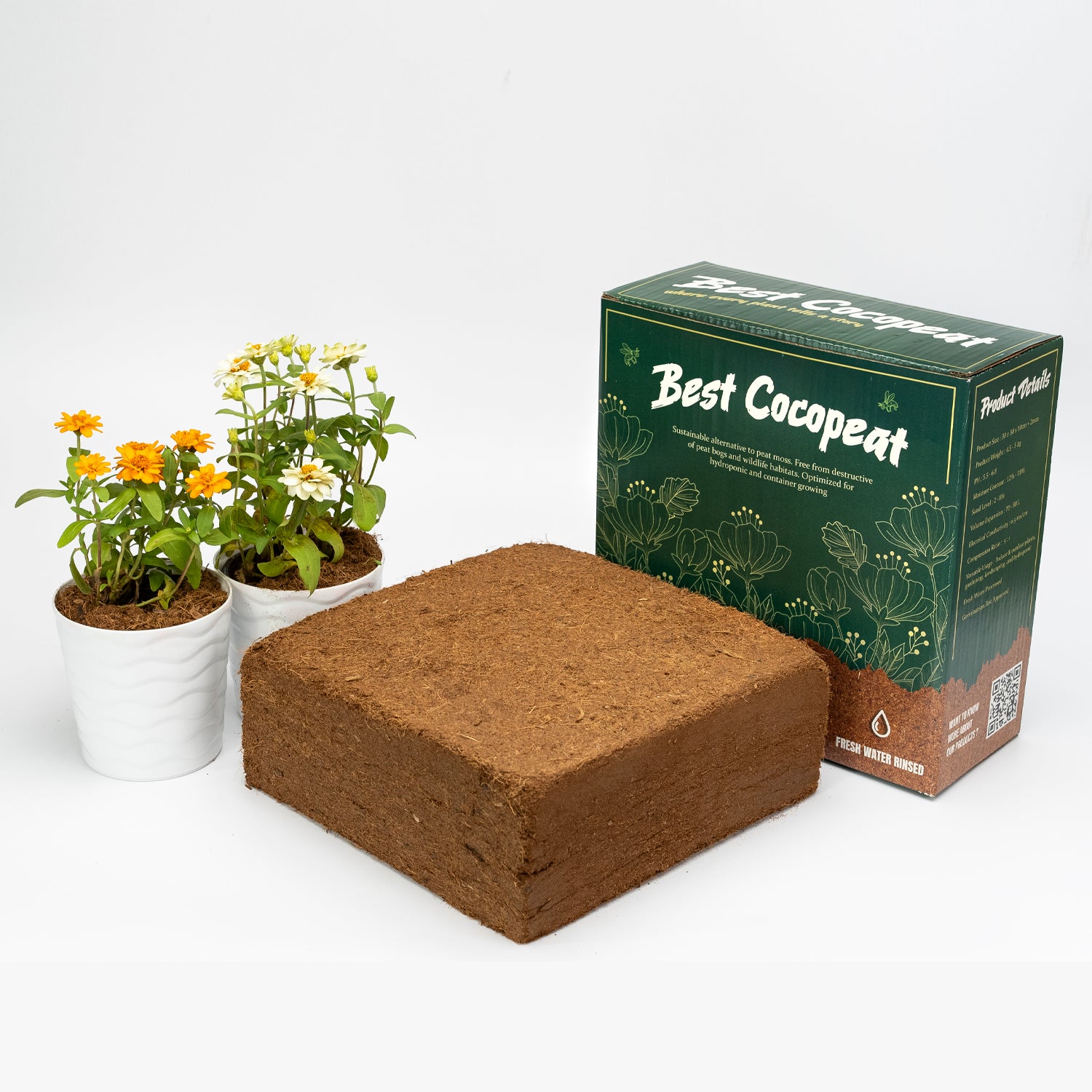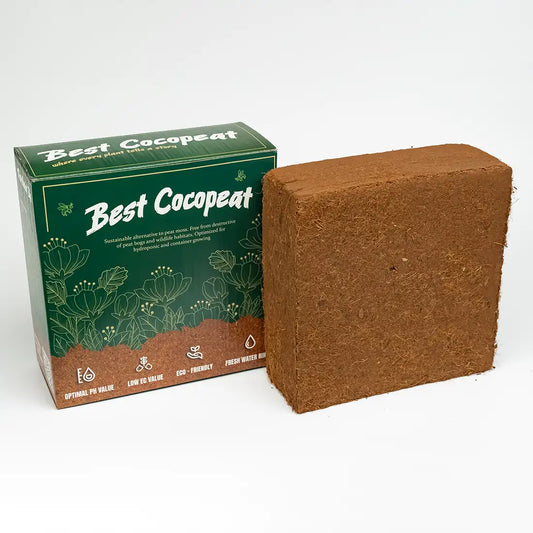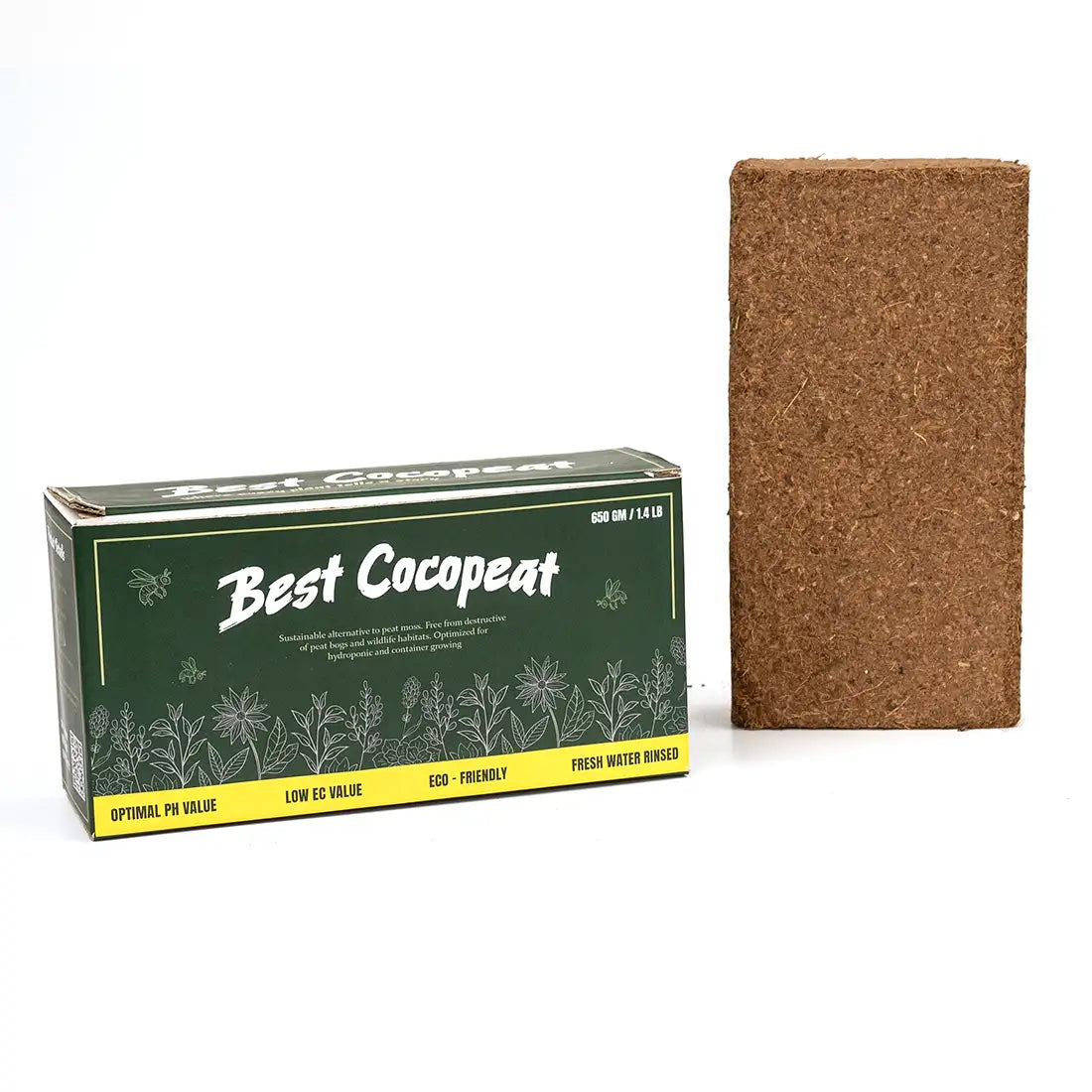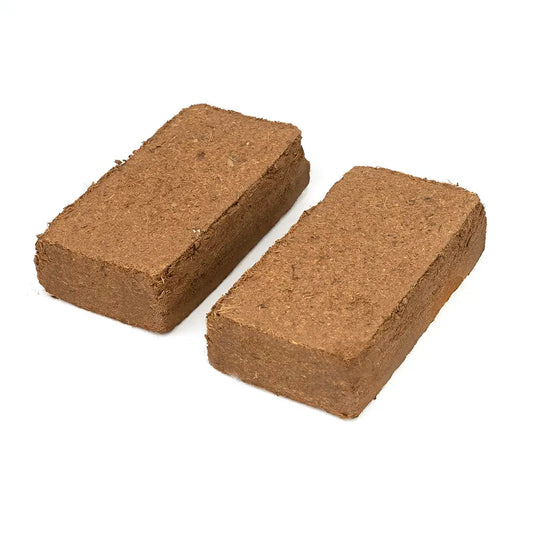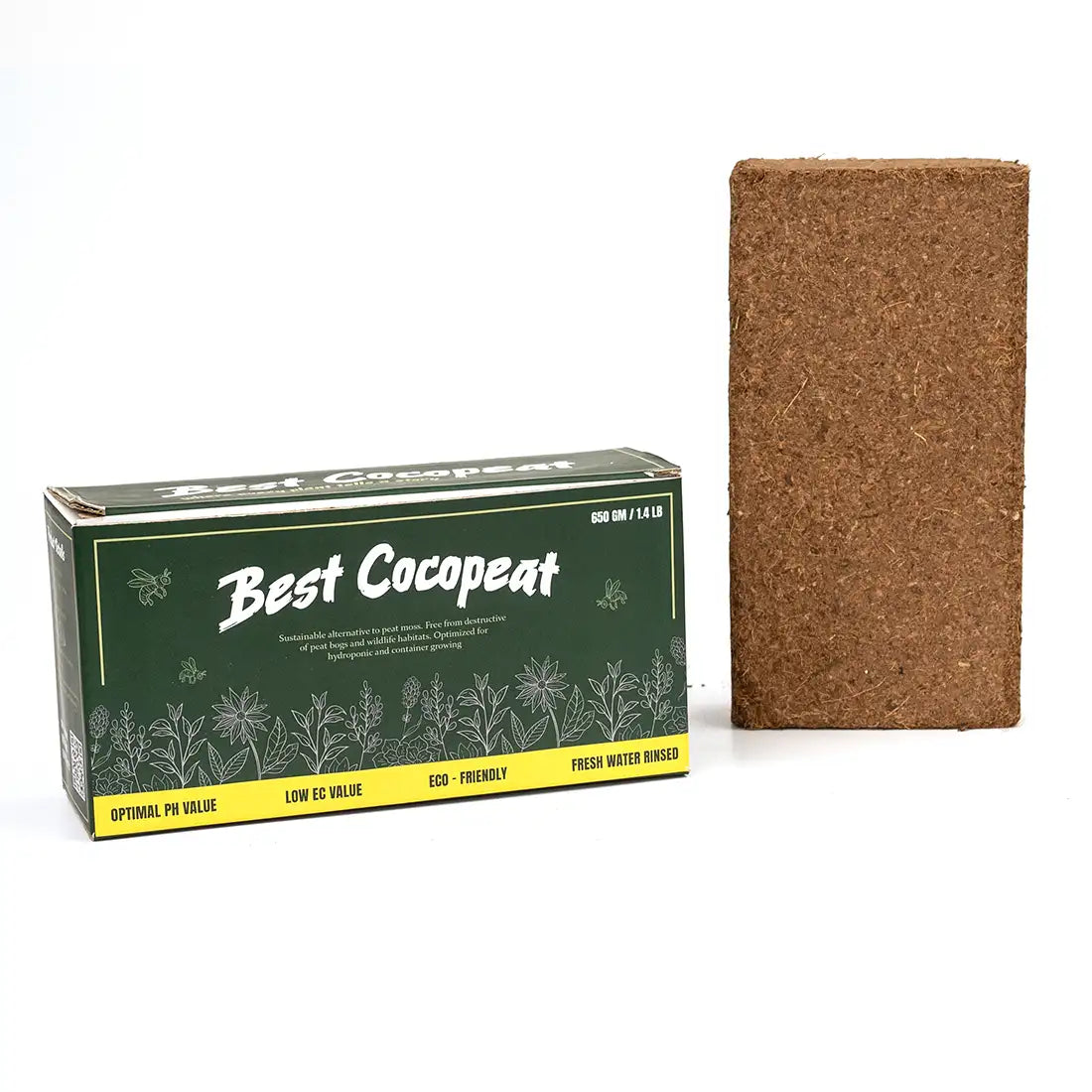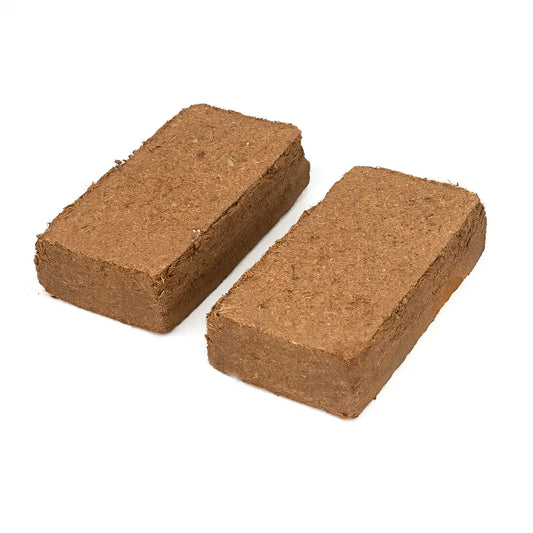Starting an organic farm on a tight budget? It's totally doable if you're smart about your resources, plan well, and stick to sustainable methods. Even a small piece of land can bring in profit by using natural inputs and selling directly to consumers. Here’s how you can get started:
-
Start Small and Grow Gradually
- Begin with a Small Plot: You don’t need a huge space to succeed. A small, well-managed area can produce plenty. Start small, then expand as you gain experience.
- Test the Soil: Before planting, get your soil tested so you know what nutrients it needs and how to improve it naturally.
-
Choose High-Demand, Low-Cost Crops
- Niche Crops: Focus on high-value crops like herbs, microgreens, or specialty veggies. These can sell for higher prices at local markets or directly to customers.
- Perennial Crops: Plant things like fruit trees, berry bushes, or asparagus. These keep giving back year after year.
- Companion Planting: Maximize your space and boost crop health by planting compatible crops together. This method can also cut down on pests.
-
Use Affordable Organic Inputs
- Composting: Save on fertilizers by making your own compost from kitchen scraps, garden waste, and manure.
- Best Coco Peat: Need a sustainable growing medium? Try Best Coco Peat Premium Coir Pith. It’s eco-friendly, retains water, and promotes healthy roots, which is perfect for organic farming, especially in dry areas.
- Manure and Green Manure: Use animal manure and plant cover crops to enrich the soil naturally.
-
Invest in Low-Cost Tools and Equipment
- Hand Tools: Stick to simple, manual tools like shovels and hoes at the beginning. Machinery can be expensive!
- Second-Hand Gear: Look for used tools and equipment online or at farm auctions. Renting is also a good option when you need something big.
-
Delay Organic Certification
- Focus on Organic Practices First: While certification adds value, it’s costly. Stick to organic methods from the start and consider certification later when your farm is more established.
-
Use Natural Pest Control
- Natural Insect Control: Plant flowers and herbs to attract beneficial insects like ladybugs and bees. You can also use organic sprays like neem oil.
- Crop Rotation: Rotate your crops every year to prevent pest build-up and keep the soil healthy.
-
Direct Sales to Maximize Profits
- Farmers Markets: Selling directly to customers at farmers markets lets you charge higher prices.
- CSA Programs: Offer a subscription service where customers receive weekly produce deliveries. This gives you cash flow upfront.
- Sell Online: Use social media or your website to promote and sell your organic produce locally.
-
Leverage Government Programs
- Apply for Grants: Check for small farm grants or low-interest loans that support sustainable agriculture.
- Join Farming Cooperatives: These let you share resources, reduce costs, and learn from other farmers.
-
DIY Farm Infrastructure
- Greenhouses and Cold Frames: Build your own greenhouses or cold frames to extend your growing season without a big investment.
- Rainwater Collection: Set up rain barrels to collect water for irrigation—this saves on your water bill.
- Solar Power: Use solar panels to power small devices or even run an off-grid farm.
-
Be Patient and Persistent
- Keep Learning: Organic farming is a long game. Start small, experiment, and learn from others as you go.
- Stay Informed: Attend workshops, join farming groups, and keep up with the latest sustainable practices.
Conclusion:
Starting a profitable organic farm on a budget is absolutely possible with the right plan. Products like Best Coco Peat Premium Coir Pith will help you maintain healthy soil and save water, boosting your yields. Stick to sustainable practices, and your farm will grow and thrive over time.


